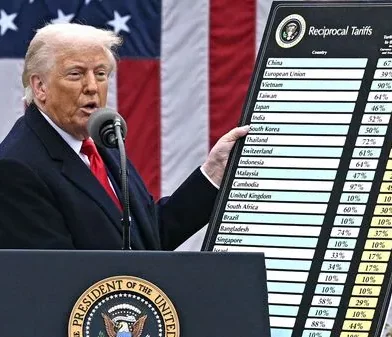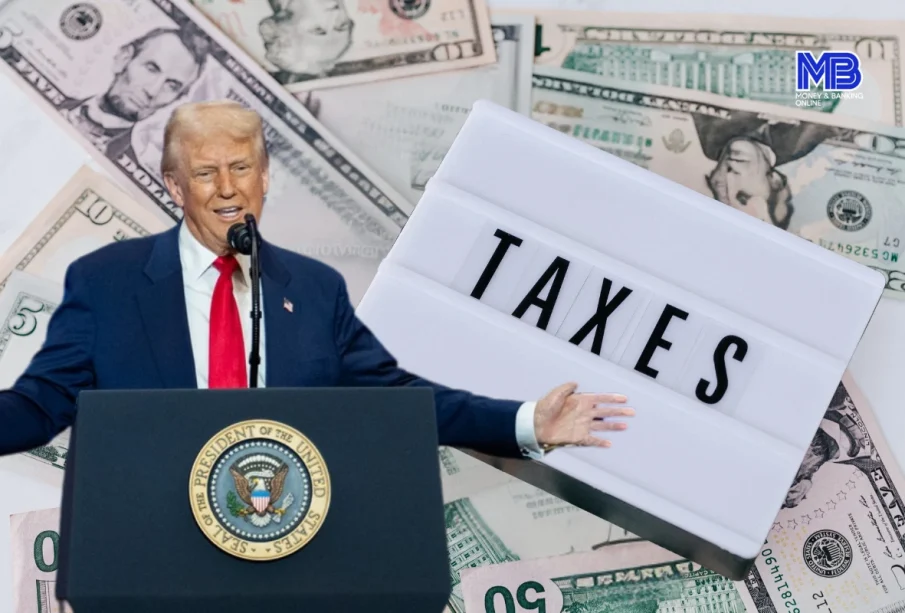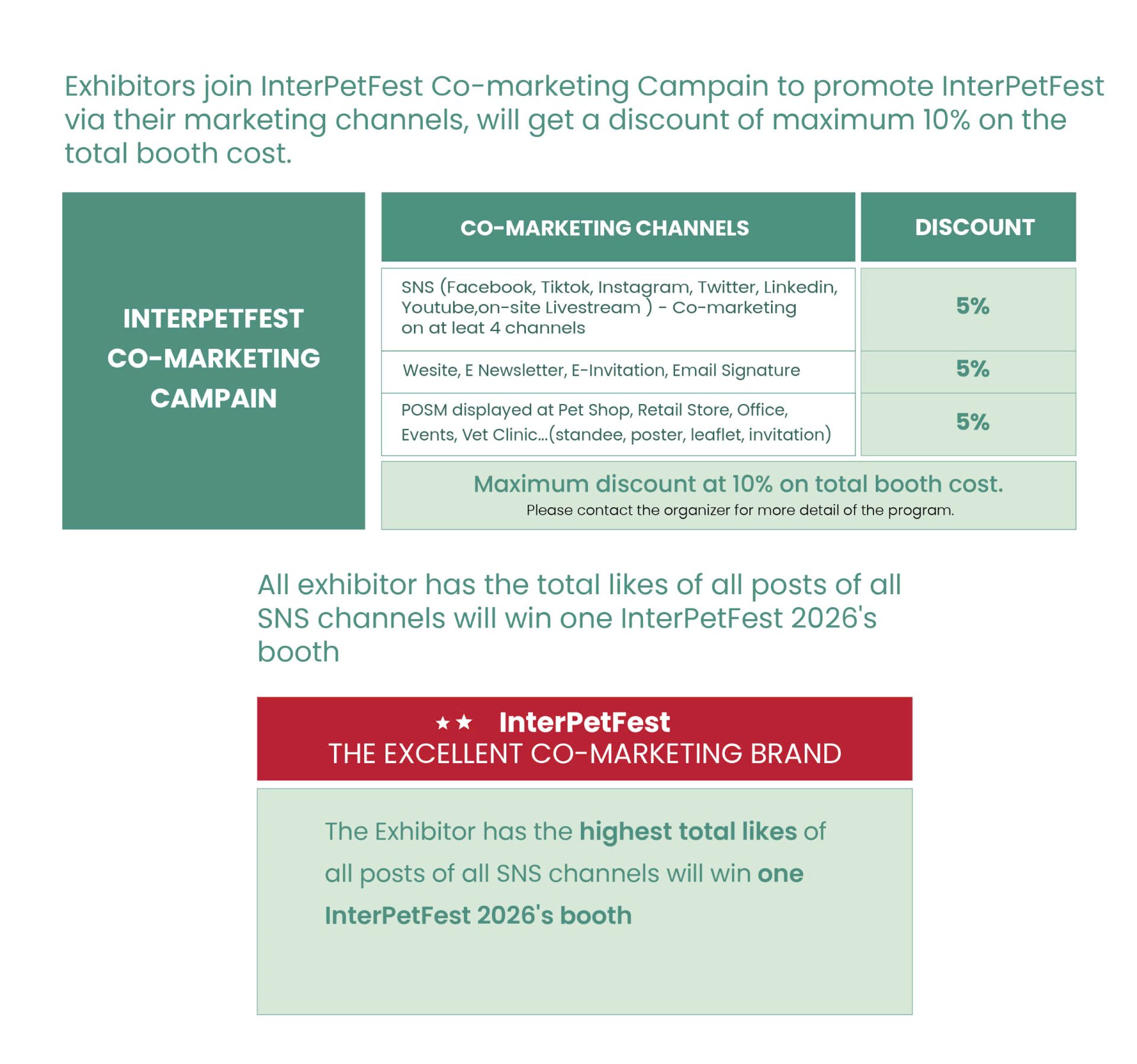Impact of U.S. Tariffs on the Pet Industry: Challenges and Opportunities
In the context of the ongoing global trade war, U.S. tariffs under President Donald Trump have had a profound impact on several industries, including the pet industry. Trump’s tariff policies have created significant challenges for businesses, particularly smaller ones, as they deal with unpredictable changes in trade policies and their effects on supply chains. This article explores the challenges faced by the pet industry due to U.S. tariffs, as well as the opportunities that may arise from these changes.
Rising Costs and Price Pressures in the Pet Industry
The introduction of new tariffs in the U.S., especially high tariffs on goods imported from countries such as China, Canada, and Mexico, has had a negative impact on the pet industry. The tariffs imposed on pet food, accessories, and raw materials for production have not only increased manufacturing costs but have also directly affected the retail prices of pet products. For small businesses like Healthybud, a pet food company, this has led to the necessity of price adjustments or even the reduction of production scale to maintain profitability.
Supply Chain Disruptions in the Pet Industry
Tariffs have had a significant impact on global supply chains, from raw materials to finished products. Pet food companies, in particular, rely on raw materials imported from countries like China and Canada. Tariffs have disrupted the stability of these supply sources, making it challenging for companies to maintain consistent prices and product quality. Furthermore, businesses are now forced to adjust their import strategies or switch suppliers, which can cause long-term disruptions in production.
The Growing Impact on Small Pet Businesses
Small businesses in the pet industry are among the most heavily impacted by these tariffs. Large corporations such as Nestlé and General Mills may have more flexible strategies, but for smaller businesses, changing production processes or finding alternative suppliers for tariff-affected materials is a major challenge. With limited resources, smaller companies also struggle to endure price fluctuations and the long-term impact of tariffs.
The New Wave of Tariffs Under President Trump
Throughout his presidency, Donald Trump took aggressive steps to protect U.S. industries, including imposing high tariffs on a wide range of goods from countries like Vietnam. This trade war led to the imposition of new tariffs on imported goods, including pet products. While large businesses can find ways to adapt to these changes, small companies often find it difficult to maintain operations under such circumstances.
Challenges in Global Pet Markets
Pet companies across the globe are not only dealing with the direct effects of tariffs but also with trade barriers when exporting their products to other countries. The fluctuating trade policies and tariff rates between nations have created an environment of instability that negatively impacts revenues and reduces the ability of businesses to access international markets.
How U.S. Tariffs Affect the Pet Industry in Vietnam
While the direct impact of U.S. tariffs is primarily felt by large exporting countries, the pet industry in Vietnam is also not immune to these changes. As the demand for pet products grows in Vietnam, challenges in the supply chain for companies importing pet food and products could result in product shortages or price hikes, potentially affecting consumer purchasing power. However, this situation also presents an opportunity for local businesses to grow, as the demand for domestic pet products rises. Vietnamese businesses can seize this opportunity to offer high-quality, reasonably priced alternatives to imported products.
Conclusion: The Future of the Pet Industry Amid U.S. Tariffs
U.S. tariffs under President Donald Trump are creating significant challenges for the global pet industry, with effects on production costs, supply chains, and business strategies. However, every challenge also presents an opportunity. Pet industry businesses must stay agile and innovative, finding new solutions to ensure long-term success. For the pet industry in Vietnam, although there are some indirect effects, there is also a unique chance to solidify the position of domestic businesses and leverage the growing demand for local pet products.





